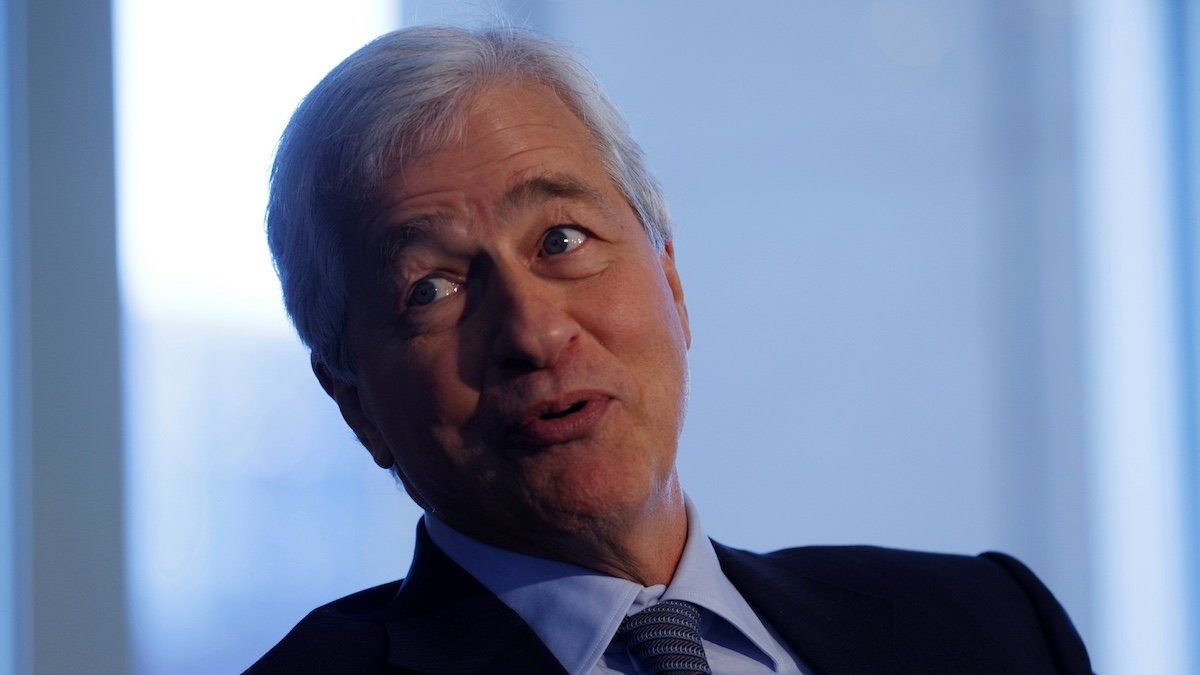5,000: Jamie Dimon, CEO of JPMorgan Chase, said that he has about 2,000 employees working on data analytics, machine learning, and AI, and he predicts that number will blossom to 5,000 in the next few years. He also said the company has 400 AI-related projects, which should double to 800 in the next year alone.
1 billion: Computer scientist Fei-Fei Li, known as the “godmother of AI,” founded a startup called World Labs four months ago. It’s already valued at $1 billion. World Labs is a computer vision company, focused on understanding three-dimensional objects in the physical world. The company raised $100 million from Andreessen Horowitz and other venture capital firms in its latest funding round.
40: While nearly a quarter of Japanese companies have adopted AI, more than 40% told Reuters in a survey that they have no plans to do so. Another 35% say that they have plans to adopt the technology in the future. The AI industry is trying to prove itself not only to consumers but also businesses, so corporate adoption is key to its long-term success.
11,000: The college football video game “EA Sports College Football 25” is already a sensation in the US — a long-anticipated follow-up after the game studio ceased its college football title more than a decade ago. In order to build the real on-field players, EA used AI technology to turn
11,000 player headshots into in-game avatars in mere seconds.
